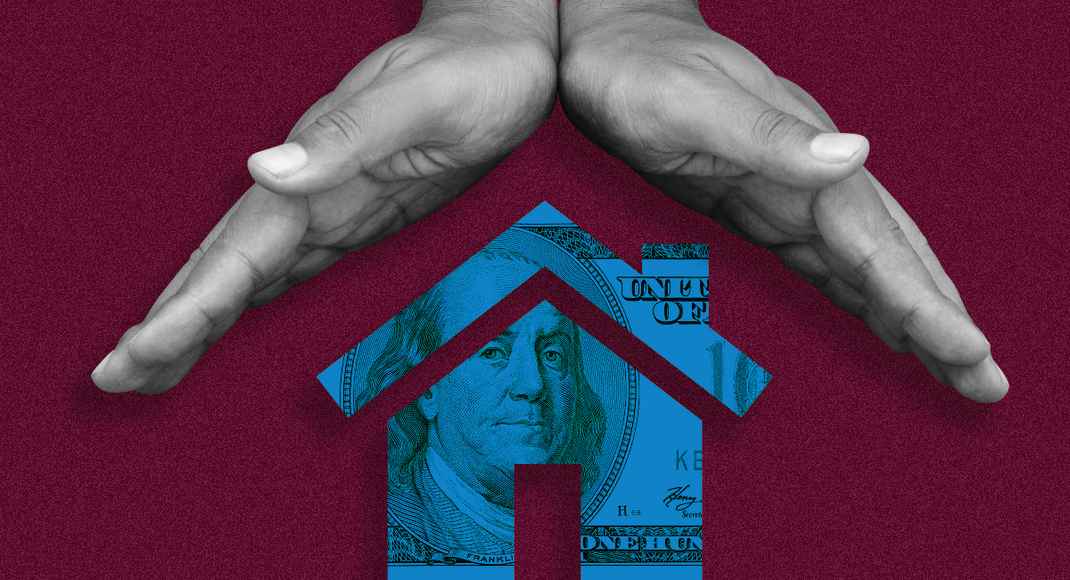US Attorney’s Office demands that Sam Bankman-Fried be banned from using Signal and Slack
The US Attorney's Office has asked the court to ban Sam Bankman-Fried, who is under house arrest, from using the secure messenger Signal and communicating with colleagues on Slack. Prosecutors allege that the former head of cryptocurrency exchange FTX tried to influence the testimony of key witnesses in the case against him in private correspondence. Prosecutors also propose that the court impose a ban on the defendant's communications with current and former employees of FTX and Alameda Research.

In late December, a US court ruled that Bankman-Fried must wear an electronic bracelet to monitor his movements and attend mental health counselling. Judge Gabrielle Gorenstein said the stay at his parents' home in the Northern District of California would require "strict" supervision of him. The former FTX CEO was banned from spending or opening any new lines of credit over $1,000 before trial. He was not banned from using his computer, smartphone or internet.
Prosecutors have revealed that Bankman-Fried recently communicated directly through Signal with FTX's general counsel from the firm Sullivan & Cromwell before the latter appeared in court against his former boss. The parties have since corresponded by email. The law firm has worked for FTX since 2021 and has been representing lawyers in the crypto-exchange's bankruptcy case since late 2022.
Bankman-Fried continues to write about his views on the FTX situation on his blog. He claimed there that it was Sullivan & Cromwell that forced him to file for bankruptcy, but the firm's management denies this.
Prosecutors have information that Bankman-Fried wrote to lawyers: "I would very much like to reconnect and see if we have a way to build a constructive relationship, use each other as support resources when possible, or at least discuss some things with each other." He also contacted other former and current FTX employees.
The assistant prosecutor told the court that the defendant's request to "discuss the situation with each other" suggested an attempt to influence potential witness testimony and the call for a constructive relationship also implied that witnesses should agree with the defendant's point of view.
Prosecutors interviewed FTX's general counsel, who confirmed some facts from correspondence and conversations with Bankman-Fried.
As a result, prosecutors have filed a petition to change the conditions of Bankman-Fried's house arrest so that he cannot use encrypted messaging platforms, including Signal and Slack, and FTX must change the setting of its corporate messenger so that messages there will not be deleted several days after publication. Bankman-Fried can still communicate with colleagues by text message, email or phone.
Former Alameda Research chief executive Caroline Allison told investigators that it was Bankman-Fried who ordered FTX to set up the automatic deletion of his messages in corporate chats. She said he was aware that this information could be used against him in a lawsuit.
"The automatic deletion of FTX and Alameda messages in Slack and Signal significantly hindered the government's investigation," a prosecutor's representative told the court.
Earlier: FTX bankruptcy
On 11 November 2022, cryptocurrency exchange FTX announced it had initiated bankruptcy proceedings under Article 11 of the US Bankruptcy Code due to financial instability on the platform. Bankman-Fried has since apologised to customers and acknowledged the oversight failings at FTX, but said that he does not personally believe he is criminally responsible for any of the actions.
In late November, Bankman-Fried told a court in the Bahamas that he had $100,000 left in his account.
On 14 December FTX founder Sam Bankman-Fried, 30, was arrested at his home in a secure compound in the Bahamian capital of Nassau at the request of the US. A Bahamian court refused to release Bankman-Fried from custody on bail.
On 21 December 2022, a court in the Bahamas approved the extradition to the US of FTX cryptocurrency exchange founder Sam Bankman-Friede.
The US Securities and Exchange Commission (SEC) has accused Sam Bankman-Fried, founder of cryptocurrency exchange FTX, of defrauding investors. He faces a maximum sentence of 115 years in prison in the US if convicted on all charges, including fraud and violation of campaign finance laws.
According to an SEC investigation, Bankman-Fried has raised more than $1.8bn from investors in FTX since 2019. Most of the amount (about $1.1bn) has been provided by about 90 US investors. Bankman-Fried has secretly diverted FTX client funds to his hedge fund Alameda Research LLC, to which he has provided a virtually unlimited "line of credit" from the platform's user funds. Bankman-Fried spent the combined funds of FTX clients at Alameda on venture capital investments, purchases of expensive real estate and large political donations.
Sam Bankman-Fried's former FTX and Alameda Research colleagues have pleaded guilty to all federal charges and are cooperating with prosecutors and investigators in the fraud case. FTX co-founder Gary Wang and former Alameda Research CEO Caroline Ellison face up to 50 and 110 years in prison respectively.
On 22 December 2022, Sam Bankman-Fried was released from US custody almost immediately on $250 million bail after being extradited to the US. Under the terms of the agreement, Bankman-Fried must reside in his parents' home in Palo Alto, California. He has also surrendered his passport and will be under electronic surveillance. The next court hearing will take place in New York on 3 January 2023.
On 28 December, customers of the bankrupt crypto-exchange FTX filed a class action lawsuit in court, expecting to be awarded damages. Another lawsuit has been filed against the exchange's founder Sam Bankman-Fried, who is accused of fraud and spending $1.8 million belonging to investors on personal expenses, including betting on his hedge fund Alameda.
On December 29, DeFi expert alias BowTiedIguana discovered that while under house arrest, FTX founder Sam Bankman-Fried cashed out $684k in cryptocurrency. This is assuming that a court has banned Bankman-Fried from disposing of more than $1,000 without obtaining approval from bailiffs. Bankman-Fried claimed on this situation that it was not him, but someone from his former associates trying to set him up. The judge explained that he was aware of the incident and that the illegal transfers were already being handled by the prosecutor's office. State prosecutors have no evidence that Bankman-Fried made them.
In early January, Bankman-Fried at a court hearing refused to plead guilty to criminal charges of defrauding cryptocurrency investors and causing them billions of dollars in losses. The prosecutor's office called his actions an epic fraud. The trial against Bankman-Fried is scheduled for October 2023. The court is expected to deliver its verdict in November. Until then, Bankman-Fried will be under house arrest.
The media has revealed from court documents that FTX management spent $40 million on resorts, food and flights in the last 9 months of the crypto-exchange's operation. FTX founder Sam Bankman-Fried and his closest colleagues at FTX Digital Markets spared investors no expense on luxury hotels, expensive flights and restaurants. Between January and September 2022, they spent more than $40m on luxury apartment rentals (about $15m), resort accommodation at the Albany Hotel ($5.8m) where Sam Bankman-Fried lived in a penthouse until his arrest. FTX also paid about $3.6 million for accommodation at the Grand Hyatt Hotel and $800,000 for employee stays at the five-star Rosewood Resort.
The US Attorney's Office found that over the past two years, the parents of Bankman-Fried founder and top FTX executives had purchased at least 19 properties in the Bahamas. The paperwork for 15 properties worth about $100 million lists a division of FTX called FTX Property Holdings as the owner. The most expensive purchase was a $30m penthouse at the Albany Hotel, where Sam Bankman-Fried resided.
Business and Finance terms
Withholding Tax
General Accepted Accounting Standards
Letter Of Intent
Scarcity
Year-to-date
Long-Term Liabilities
Non-Disclosure Agreement
Chief Operating Officer
Return on Investment
Chief Marketing Officer
Chief Financial Officer
Asset Protection Trust
Chief Security Officer
Certified Financial Planner
Electronic Funds Transfer
Limited Liability Company
Close of Business
Company Finance
Cash Flow
Automated Teller Machine
Return on Equity
stagnation
Certified Management Accountant
Non-Profit Organization
Certified Financial Manager
Chief Technology Officer
Profit and Loss
Profit and Loss Statement
Gross Margin

 What is P R bond?
27/11/2023
What is P R bond?
27/11/2023
 What is Compulsory Convertible Debentures?
27/11/2023
What is Compulsory Convertible Debentures?
27/11/2023
 Dynamics of Central Asian Economies
17/11/2023
Dynamics of Central Asian Economies
17/11/2023